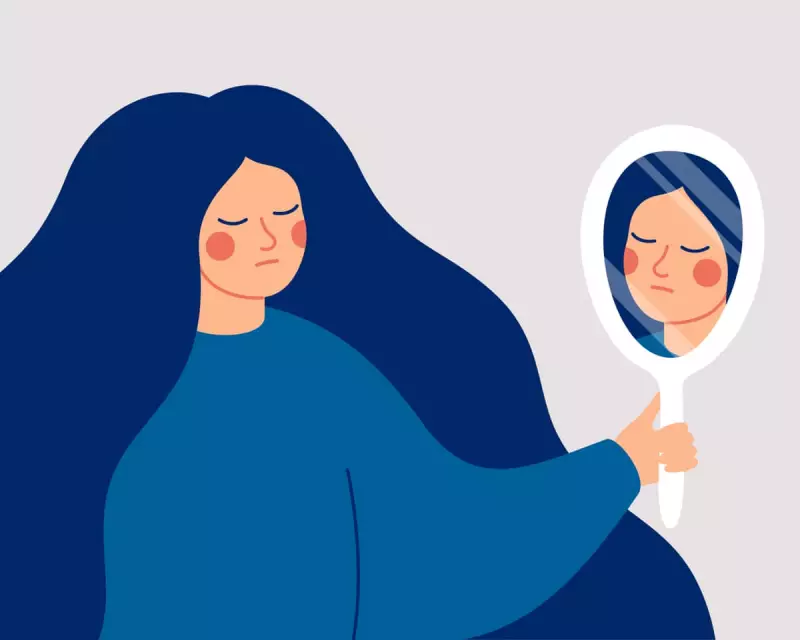
In a world obsessed with fitness and 'clean eating', the line between health and harmful behaviour is increasingly blurred. What starts as a quest for wellness can spiral into dangerous eating disorders like anorexia, often masked under the guise of discipline and self-improvement.
The Thin Line Between Health and Harm
Many individuals, particularly young adults, fall into the trap of extreme dieting and excessive exercise, believing they are pursuing a healthier lifestyle. However, these behaviours can quickly escalate into life-threatening conditions. The pressure to conform to societal beauty standards, amplified by social media, exacerbates the issue.
The Role of Diet Culture
Diet culture glorifies thinness and equates it with health, creating a toxic environment where restrictive eating and over-exercising are celebrated. This mindset dismisses the psychological and physical toll of such practices, often leading to severe mental health struggles.
Recognising the Warning Signs
- Obsessive calorie counting and rigid meal plans
- Excessive exercise, even when injured or ill
- Social withdrawal to avoid food-related situations
- Body dysmorphia and constant dissatisfaction with appearance
Early intervention is crucial. Friends and family should be vigilant and offer support without judgment.
Breaking the Cycle
Recovery from eating disorders requires a holistic approach, addressing both physical and mental health. Professional help, including therapy and nutritional counselling, is essential. Society must also shift its focus from weight to overall well-being, promoting body positivity and self-acceptance.
The narrative around health needs to change. True wellness isn't about punishing the body but nurturing it with balance and compassion.





